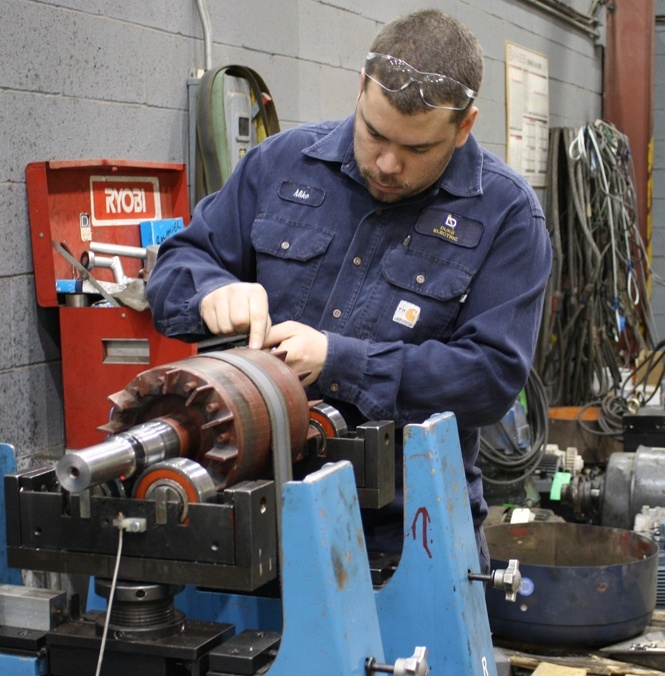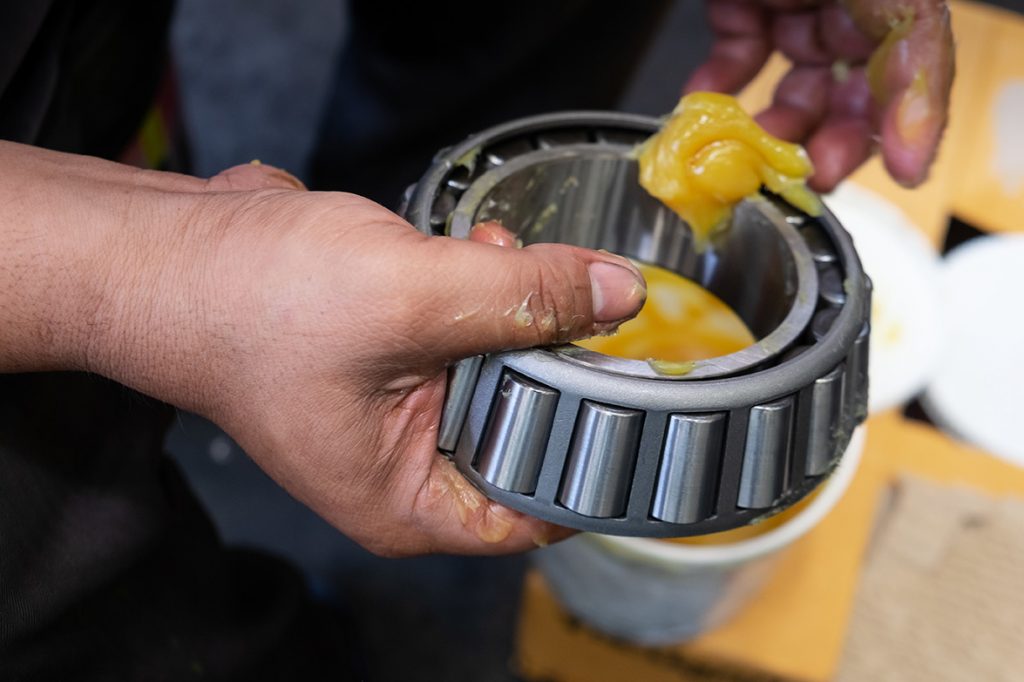Why you should grease your motors January 24, 2020
Why do you have to grease industrial motors? It's a pretty simple question with a pretty simple answer. You have to grease your industrial motors because if you don't, things will go wrong. Very, very wrong.
Although the answer is as simple as the question, it's essential to know why things are the way they are. That's why we're diving into one of the simplest, but most important (and often overlooked) preventive maintenance tactics in this blog.
Why should you grease industrial motors?
You're probably familiar with the old saying, "it worked like a well-oiled machine," right? Well, that didn't just come out of nowhere (like that thing about raining cats and dogs)!
When it comes to maintaining and extending the life of your critical motors, a little lube goes a long way. Proper lubrication of essential motor bearings ensures that your machines run, well, like well-oiled machines!
Grease lubricates ball and roller bearings in your industrial motors to reduce friction, protect from dirt and debris, and also acts as a coolant by transferring heat from the metal bearings.
The primary functions of an electric motor bearing grease are to:
- reduce friction and prevent unnecessary wear and tear
- protect bearings form rust and corrosion
- act as a "dirt-magnet," preventing dirt and debris from contaminating delicate bearings
When you don't correctly grease your motor bearings according to the motor manufacturer's specifications (including the proper type of grease and specified greasing schedule), terrible things can happen. Some of those terrible things may include bearing failure leading to overheating, excess vibration, excessive wear and tear, and even total critical motor failure. Yikes!
Want to see what can happen when you don't grease your motors?
Check out this post and video to see for yourself the carnage that can occur when someone forgets to grease the bearings.
So, let's do a quick recap. Motor failure is bad. Motor failure (however we choose to define it) is a result of improperly greasing critical motor bearings. Therefore, improperly greasing your motors is bad. Simple, right?
So now that we know why we need to grease motor bearings, how can we make sure we include "greasing the motors" as part of our preventive maintenance strategies.
Not sure what the hell preventive maintenance strategies are? Download our FREE whitepaper for a detailed look at preventive maintenance, or check out this blog for more information.
How to grease motor bearings
- Find your grease gun. Ensure it contains the correct type of lubricant for the motor you are working on (refer to manufacturer specifications). You can also check out this blog to find out how much grease is enough.
- Clean the grease fitting and grease gun nozzle from all dirt and debris
- Remove the grease drain plug or relief valve
- Grease the bearing with the correct amount of lubricant. Add the grease slowly to reduce excessive pressure from building up in the grease cavity and risk over-greasing
- Watch for old grease draining out of the grease drain. When the purged greased begins to run fresh, stop pumping. If you're pumping new grease into the motor and the old, used grease is not being purged, stop to check if hardened grease is blocking the drain
- If regreasing while the motor is off (recommended), run the motor for a few minutes until bearing temperature reaches standard operating temperature. This will allow for proper thermal expansion of the grease. Make sure the grease drain plug or relief valve is left out during this process
- Allow the motor to run at this temperature for a few moments. This ensures that any excess grease will drain from the motor
- After any excessive grease has been purged, you can reinstall the drain plug.
- Clean any excess grease from the relief port area
If you're struggling to keep your motors motorin' give us a call or drop us an email. We eat AC motor problems for breakfast.





